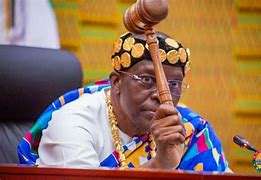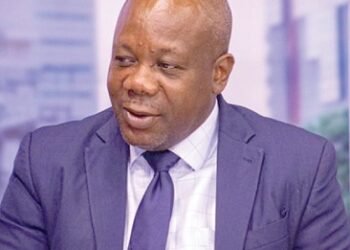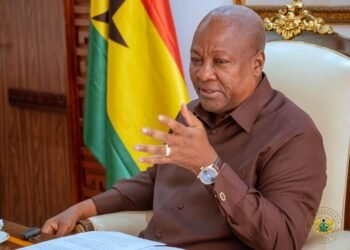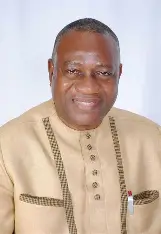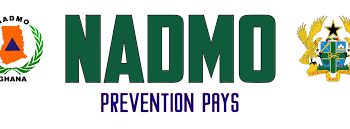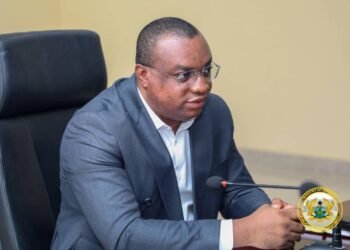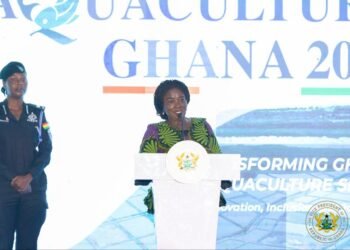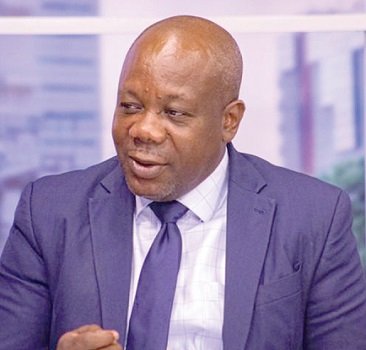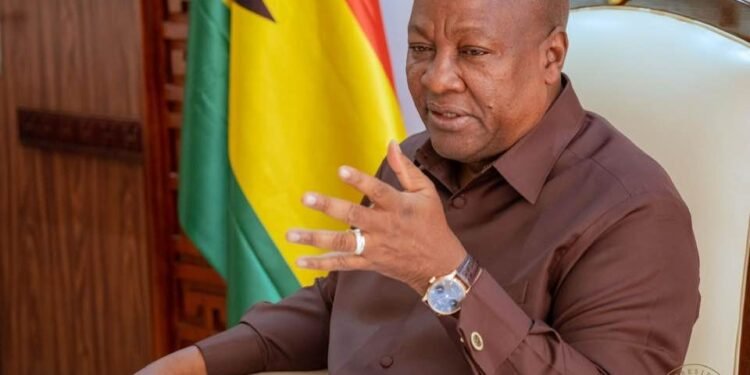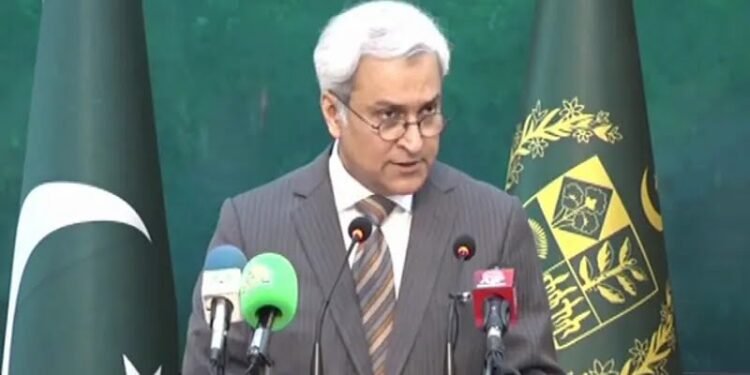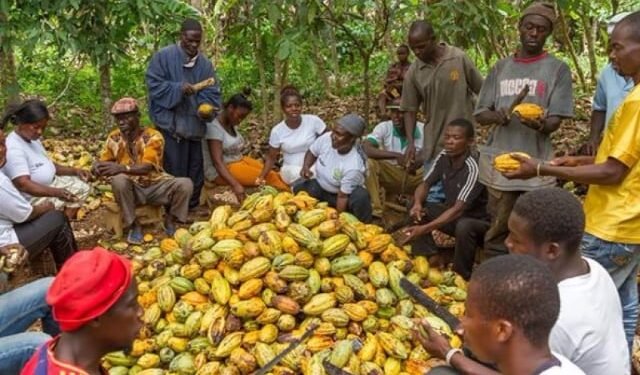In a development that highlights the ongoing tensions between the executive and legislative branches of Ghana’s government, Speaker of Parliament Alban Bagbin has voiced strong criticism against President Nana Addo Dankwa Akufo-Addo for withholding his assent to three bills passed by Parliament. This latest clash raises concerns not only about the separation of powers but also about the fundamental understanding of constitutional processes within the country.
The bills in question are the Criminal Offences Amendment Bills 2023, along with the Ghana Armed Forces Amendment Bill 2023. These pieces of legislation, sponsored by Member of Parliament for Madina, Francis Xavier Sosu, have sparked a constitutional debate following the President’s decision to withhold his approval.
President Akufo-Addo, in a letter addressed to Parliament, outlined his reasons for refusing to sign the bills. He cited both their financial implications on the consolidated fund and their perceived contravention of the constitution. This move by the President has ignited a heated exchange between the executive and legislative branches, with Speaker Bagbin labeling the President’s stance as “unfortunate.”
Bagbin’s criticism centers on what he perceives as the President’s unilateral assessment of unconstitutionality, which, in the absence of a judicial determination from the Supreme Court, he argues, lacks legal validity. The Speaker contends that the President’s actions deviate from established legal procedures, norms, and practices governing Ghana’s constitutional democracy.
“The appropriate lawful response, if there were genuine concerns about the constitutionality of the legislation, would have been for the executive to seek judicial review from the Supreme Court. The steps taken by the President in this matter reflect a misunderstanding of the constitutional process and undermine the principles that uphold our democratic governance.”
Alban Bagbin
The Speaker’s words underscore a critical point in constitutional law – the principle of checks and balances. While the President possesses the authority to withhold assent based on constitutional concerns, the absence of a judicial review raises questions about the proper channels for resolving disputes between the executive and legislative branches.
“In the absence of a judicial determination from the Supreme Court, the president’s unilateral assessment of unconstitutionality does not hold legal water. It is a departure from the established legal procedure, norms, and practices that govern our constitutional democracy.”
Alban Bagbin

However, the relevance of presidential assent in a democracy cannot be overstated. The act of presidential assent serves as a crucial check and balance mechanism that ensures the accountability and legitimacy of laws passed by the legislature. By giving their assent, the president signifies their approval and acceptance of a bill, affirming that it aligns with the interests of the nation and its citizens. Presidential assent, a hallmark of democratic governance, underscores the importance of collaboration between the executive and legislative branches, fostering accountability and preserving the democratic values essential for a well-functioning society.
This clash highlights the need for a more structured and transparent approach to constitutional matters, particularly those involving bills passed by Parliament. It prompts a call for greater adherence to established legal procedures to ensure that constitutional disputes are resolved through the appropriate mechanisms, such as the judicial review process.
As Ghana navigates this constitutional quandary, it becomes imperative for all parties involved to prioritize the democratic principles that underpin the nation’s governance. Engaging in open dialogue, respecting the separation of powers, and upholding the rule of law will be essential to finding a resolution that ensures the integrity of the constitutional process while preserving the democratic fabric of the nation.
In the coming weeks, it remains to be seen whether this disagreement will prompt further legal actions or if it will serve as a catalyst for a more robust examination of Ghana’s constitutional processes. The eyes of the nation are on both the executive and legislative branches, urging them to find a balanced and lawful resolution to this intricate constitutional puzzle.
READ ALSO: The Festive Season Conundrum: Unwrapping The Impact On Inflation

